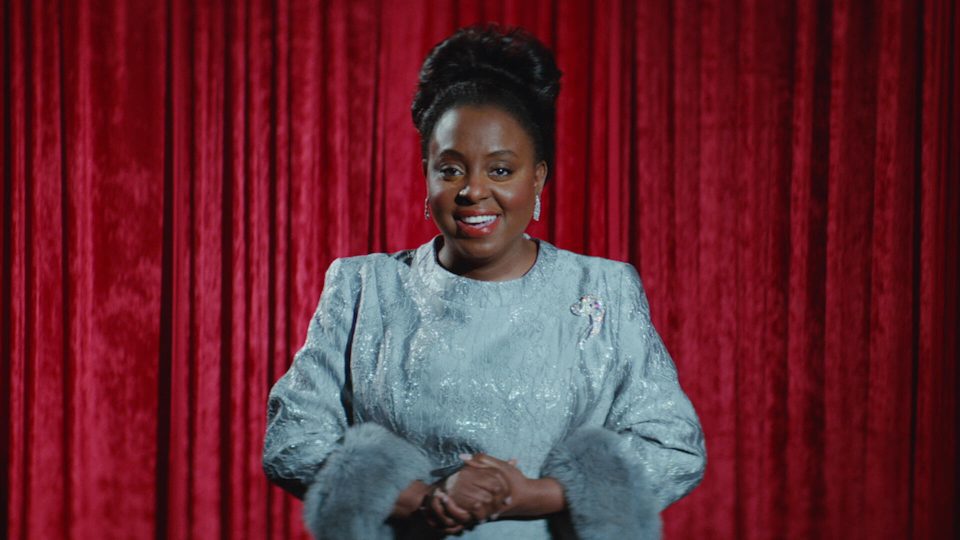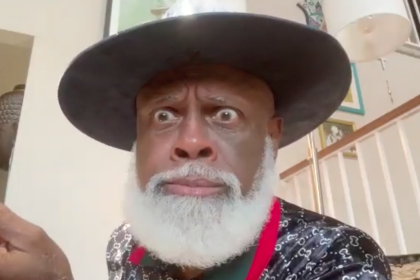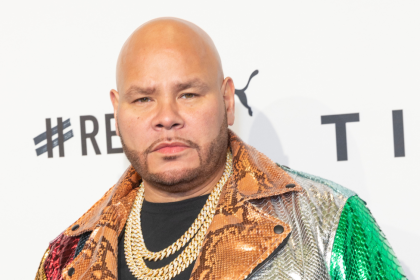
So many people worldwide have been drawn to the immense talent of the late gospel singer and activist Mahalia Jackson. Considered one of the most influential artists of all time and a leader in the Civil Rights Movement, Jackson was one of the first gospel musicians to crossover to a secular audience and become a household name.
Jackson found unexpected success in her music career when racial division and discrimination were at their peak, prompting a young Martin Luther King Jr to call upon her for an opportunity to join his movement — and she did not hesitate.
Released on Sept. 20, 2022, Remember Me: The Mahalia Jackson Story is a transparent story exploring how her relationship with her aunt shaped her life after her mother unexpectedly passed away. The film stars Grammy award-winning artist Ledisi, a 13-time Grammy-nominated powerhouse vocalist with a career spanning almost two decades. Ledisi has garnered three Soul Train Music Awards, an NAACP Theater Award, and nine NAACP Image Award nominations.
Through this biopic, the director, Denise Dowse, powerfully depicts Jackson’s influence on the music industry and its critical role in the Civil Rights movement. The film also explores Jackson’s unbreakable relationship with Dr. Martin Luther King Jr and how she became the most prominent gospel musician associated with King and the Civil Rights movement. The movie was filmed in New Orleans, Louisiana, where Ledisi and Jackson are from.
Below are four highlights from Remember Me that capture Jackson’s tremendous impact on music and Black history.
1. She supported civil rights through her music.
Jackson sang at fundraisers and participated in marches, making her a loyal supporter of the equal rights movement. Sadly, one of her final performances was singing at MLK’s funeral. She also took heed from Dr. King when he requested that she sing the gospel classic “I’ve Been ‘Buked, and I’ve Been Scorned” before his “I Have a Dream” speech.
2. She is credited with inspiring R&B, soul, and gospel music and opening doors for others to excel in their music careers.
The Queen of Gospel title came from her recording of “Move on Up a Little Higher.” The song became the first top-selling gospel song and catapulted Jackson’s career, landing her international fame. Many artists like Aretha Franklin, Little Richard, and Ray Charles have discussed Jackson’s influence over their style of music.
3. While touring, Jackson and her entourage experienced many racist incidents.
In the film, Jackson toured the South with her team after a series of successful recordings. Despite her success, she was not allowed to use public restrooms and sleep in hotels. She resorted to sleeping in a car and still preserved through the discrimination.
4. This is Ledisi’s second time playing Mahalia Jackson.
This is Ledisi’s second time playing Mahalia Jackson. The singer first landed the role as Mahalia Jackson for Ava DuVernay’s Selma, released in 2014.
















